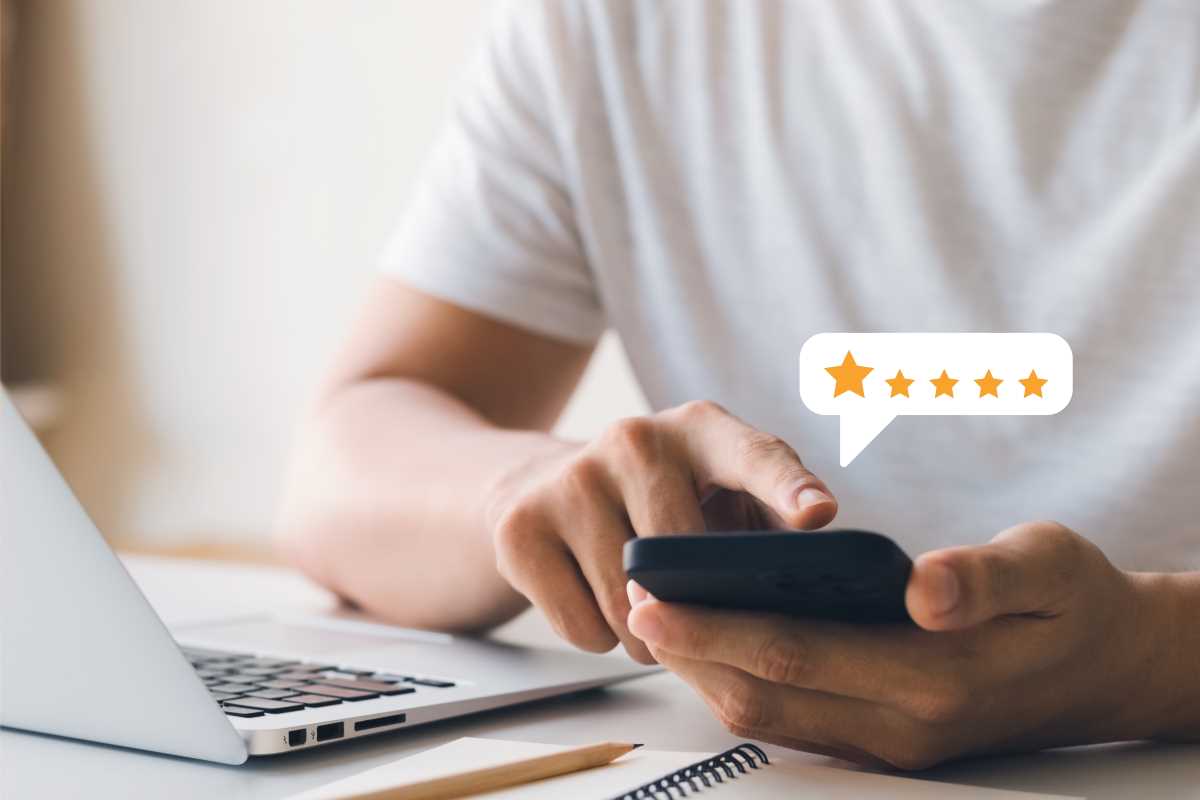Prioritizing mental health is a vital part of overall well-being and is as important as physical health. Yet, finding accessible and affordable support can often feel like a significant hurdle. Therapy, counseling, and other mental health services can be expensive, and navigating the healthcare system is not always straightforward. Fortunately, the digital world offers a growing number of high-quality, free resources designed to provide support, information, and connection.
These online platforms can be a good first step for someone seeking help, a supplemental tool for those already in therapy, or a lifeline during a moment of crisis. From peer support communities to crisis hotlines and educational portals, free resources are making mental wellness more attainable for everyone.
The Value of Online Mental Health Support
Online resources offer unique advantages. They provide a level of privacy and convenience that can be especially comforting for those hesitant to seek help in person. You can access them from home, at any time of day, removing barriers like transportation and scheduling conflicts.
This accessibility is important for breaking down the stigma that still surrounds mental health. By providing a safe and anonymous space to learn and connect, online platforms empower individuals to take control of their mental well-being on their own terms. They serve as a reminder that you are not alone and that help is available.
Crisis Text Line: Immediate Support via Text
When you're in a moment of intense emotional distress, you need immediate help from a real person. The Crisis Text Line offers exactly that. It is a free, confidential service available 24/7 that connects you with a trained crisis counselor.
What It Offers
- 24/7 Crisis Support: You can text HOME to 741741 from anywhere in the U.S. to be connected with a volunteer Crisis Counselor. The service is also available in the UK, Canada, and Ireland with different numbers.
- Confidential Conversations: Your conversation is private. The goal is to help you move from a "hot" moment to a "cool" and calm state. Counselors are trained to listen, help you sort through your feelings, and collaboratively create a plan for safety and next steps.
- Accessibility: Texting can feel less intimidating than making a phone call, especially for younger people or those experiencing high anxiety. It provides a direct and discreet way to get help right when you need it most.
7 Cups: Peer Support and Active Listening
Sometimes, what you need most is to talk to someone who understands what you're going through. 7 Cups is an online platform built on the power of peer support. It connects you with trained volunteer "listeners" who are available to chat one-on-one.
What It Offers
- Trained Volunteer Listeners: Get connected for a free, confidential chat with a listener who has been trained in active listening. These volunteers are not therapists, but they provide a compassionate, non-judgmental ear.
- Community Forums: Beyond one-on-one chats, 7 Cups hosts community forums and chat rooms focused on specific issues like anxiety, depression, relationship problems, and more. This allows you to connect with others who share similar experiences.
- Self-Help Guides: The platform also includes a library of simple self-help guides and wellness exercises to help you build coping skills.
7 Cups is an excellent resource for anyone feeling lonely or isolated, or for those who want to talk through everyday struggles without the structure of formal therapy.
Mental Health America (MHA): Screening and Education
Mental Health America is one of the nation's leading community-based nonprofits dedicated to addressing the needs of those living with mental illness. Their website is a vast library of information and tools designed to help people better understand their mental health.
What It Offers
- Free Mental Health Screenings: MHA offers a set of free, anonymous, and confidential online screening tools for conditions like depression, anxiety, bipolar disorder, and PTSD. A screening can help you determine if you might benefit from further evaluation by a professional.
- Educational Resources: The site provides in-depth, easy-to-understand information about a wide range of mental health conditions. You can learn about symptoms, treatment options, and coping strategies.
- DIY Tools: MHA has a collection of articles, worksheets, and tips for improving your mental wellness, from managing stress to building resilience. It empowers you with knowledge to take proactive steps for your well-being.
BetterHelp: Access to Professional Therapists
BetterHelp is primarily a paid subscription service for online therapy, but it's worth mentioning because it often provides free trials or has financial aid programs available that can significantly reduce costs. This can serve as a bridge to professional therapy for those who are unsure if it's the right fit.
What It Offers
- Free Trial Periods: Keep an eye out for promotions that offer a free week of therapy. This allows you to match with a licensed therapist and experience the platform's features, including messaging and live sessions, without a financial commitment.
- Licensed Professionals: Unlike peer support platforms, BetterHelp connects you with credentialed therapists, counselors, and social workers. This is a key resource if you are seeking clinical guidance and evidence-based treatment.
- Financial Aid: BetterHelp offers financial assistance to eligible individuals based on their income and financial situation. It's always worth applying to see if you qualify for a reduced rate, making professional therapy more accessible.
Government & Nonprofit Programs (NAMI & NIMH)
Several government agencies and major nonprofit organizations provide some of the most reliable and evidence-based mental health information and support services for free.
Key Resources
- National Alliance on Mental Illness (NAMI): NAMI is a grassroots organization with local chapters across the U.S. Their website offers extensive educational material, and their free NAMI HelpLine provides information, resource referrals, and support. They also run free peer-led support groups and educational programs.
- National Institute of Mental Health (NIMH): As part of the U.S. Department of Health and Human Services, the NIMH is the lead federal agency for research on mental disorders. Their website is a definitive source for information on mental health conditions, clinical trials, and the latest scientific findings. They provide free brochures and publications that can be read online or downloaded.
These organizations are pillars of the mental health community, offering credible information and connecting people to local services.
 (Image via
(Image via





